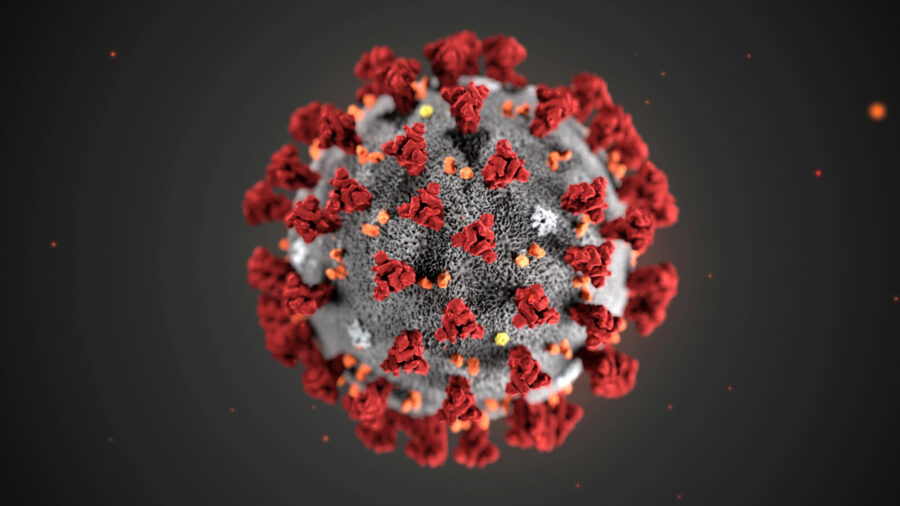GENEVA—Variants of the novel coronavirus are now being assigned the letters of the Greek Alphabet in a bid to simplify discussion and pronunciation while avoiding stigma.
The World Health Organization revealed the new names on Monday amid criticism that those given by scientists such as the so-called South African variant which goes by multiple names including B.1.351, 501Y.V2 and 20H/501Y.V2 were too complicated.
As such, the four coronavirus variants considered of concern by the U.N. agency and known generally by the public as the UK, South Africa, Brazil and India variants have now been given the letters Alpha, Beta, Gamma, Delta according to the order of their detection.
Other variants of interest continue down the alphabet.
Today, @WHO announces new, easy-to-say labels for #SARSCoV2 Variants of Concern (VOCs) & Interest (VOIs)
They will not replace existing scientific names, but are aimed to help in public discussion of VOI/VOC
Read more here (will be live soon):
https://t.co/VNvjJn8Xcv#COVID19 pic.twitter.com/L9YOfxmKW7— Maria Van Kerkhove (@mvankerkhove) May 31, 2021
“The labels do not replace existing scientific names, which convey important scientific information & will continue to be used in research,” the WHO said on Twitter in announcing its decision. “The naming system aims to prevent calling #COVID19 variants by the places where they are detected, which is stigmatizing & discriminatory.”
“WHO encourages countries and others to adopt these names as they will ease public discussions about global #COVID19 Variants of Concern and Interest,” it adds.
Historically, viruses have often been associated with the locations from which they are thought to have emerged such as Ebola which is named after the eponymous Congolese river.
But this can be damaging for the places and often inaccurate such as with the so-called ‘Spanish flu’ pandemic of 1918 whose origins are unknown.
“No country should be stigmatized for detecting and reporting variants,” said WHO epidemiologist Maria Van Kerkhove.

The choice of the Greek Alphabet came after months of deliberations in which other possibilities such as Greek Gods and invented, pseudo-classical names were considered by experts, according to bacteriologist Mark Pallen who was involved in the talks.
But many were already brands, companies or alien names.
Another idea to refer to variants of concern as VOC1, VOC2 etc. was scrapped after he pointed out it resembled an English swear word.
Before the new WHO scheme, some scientists had adopted their own simplified nomenclature for variants such as a February paper using bird names. However, it was criticised on the grounds that this could imperil birds and by the mother of a girl named “Robin.”
NTD staff contributed to this report.


